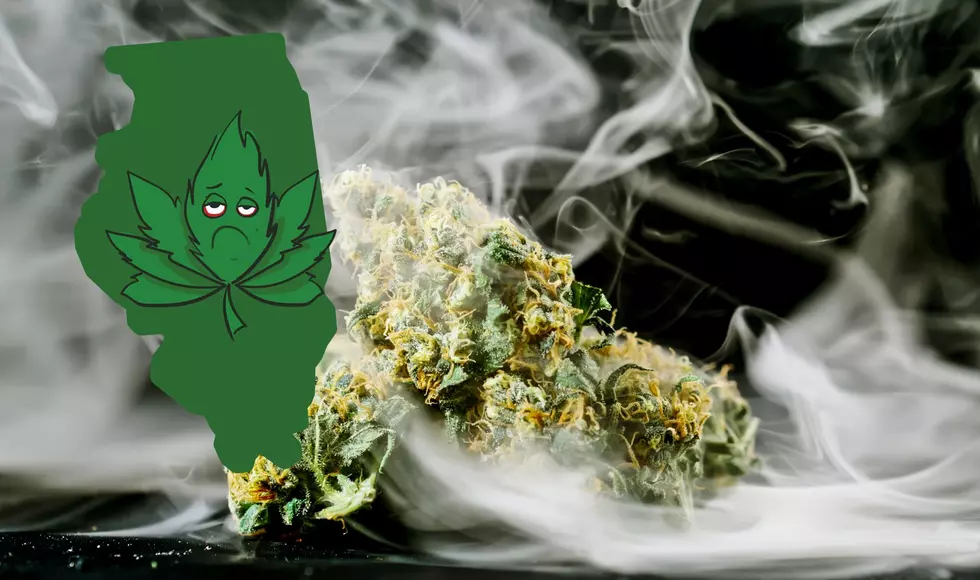
Michigan State Study: Should We Eliminate All Oak Trees?
Oak trees are some of the most prevalent flora in the United States. There are obviously dozens of species we see on a daily basis, but around the world, more than 500 different species exist.
So in a time of environmental crisis, when trees are imperative to filter out CO2 for more Oxygen, why would a Michigan State University study claim that a near-deforestation of Oak Trees would actually HELP air pollution dynamics?

Tom Sharkey is a University Distinguished Professor at the Plant Resilience Institute, and his study focuses solely on Isoprene, which is a compound released by certain plants like Poplar and Oak trees.
Isoprene is great for the plants, because it bolsters their resistance against environmental disasters like high temperatures and insect attacks. HOWEVER, Isoprene also reacts with pollutants in the air and can exacerbate poor air quality by adding even more particulate matter to the atmosphere.
Which brings him to his conundrum...
"Do we plant trees to make more isoprene so they're more resilient, or do we want them making less so it's not making air pollution worse? What's the right balance?"
In his studies, Sharkey found that Isoprene is actually the second-largest contributor to emitted hydrocarbon on earth, trailing only behind methane (cow farts). Sharkey has been studying Isoprene since HE was a student at Michigan State in 1970, and has continued his work since.
He was even ahead of the trend when Ronald Reagan controversially claimed in 1981 that Trees cause more pollution than cars. While he was exaggerating, and it prompted a ton of jokes about killing trees... he wasn't ENTIRELY wrong about trees emitting pollution.
Sharkey explains...
"There's this interesting phenomenon where you have air moving across a city landscape, picking up nitrogen oxides, then moving over a forest to give you this toxic brew."
Essentially, the trees in the city are telling trees in the forest, things are MUCH worse than they actually are, and as a result, forest trees are acting accordingly.
So what do we do about this? While Oak trees are emitting higher levels of isoprene, they do still contribute to oxygen production, so we can't just eliminate then, and deforest areas dense in oaks.
Simply put, Sharkey says, "We could be doing a better job."
Better control of Nitrogen Oxide - which is the result of burning fuel at high temperatures - would lower the stress levels of the trees, and in turn, lower their isoprene output. The study even pointed out that rising temperatures and output of Nitrogen Oxide is actually contributes MORE to isoprene pollution, than Carbon Dioxide.
That's not to say controlling our Carbon Dioxide output isn't important, but if Sharkey is correct, we might actually be looking at a real-life version, eventually, of what happened in M. Night Shyamalan's movie, "The Happening."
We laughed at how dumb it was when it came out, but sometimes, life imitates art... even if it's just trees brainwashing us to eliminate ourselves.
Other Carnivorous Plants In Portage
Gallery Credit: William Dolak
10 Invasive Plants & Insects You Should Destroy if You Spot Them in Michigan
Gallery Credit: Michigan.Gov
More From 107.7 WRKR-FM









